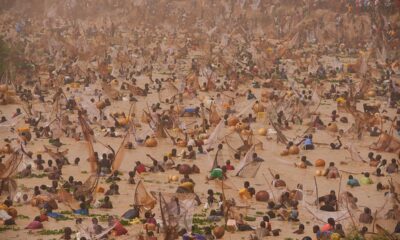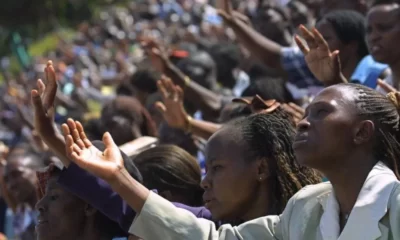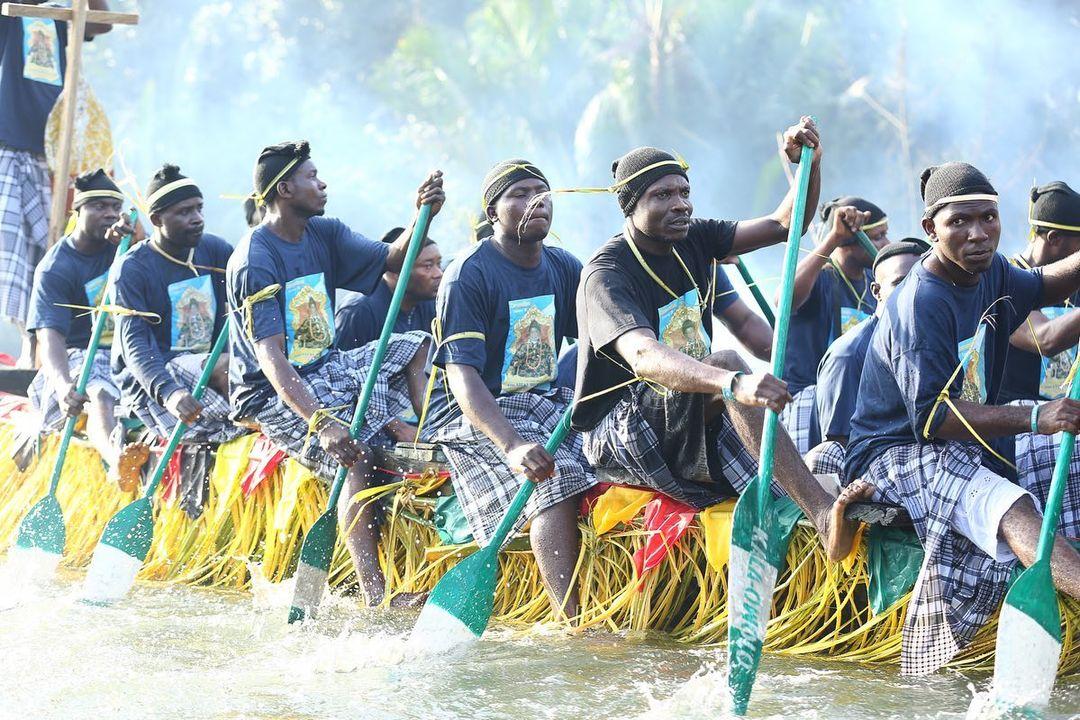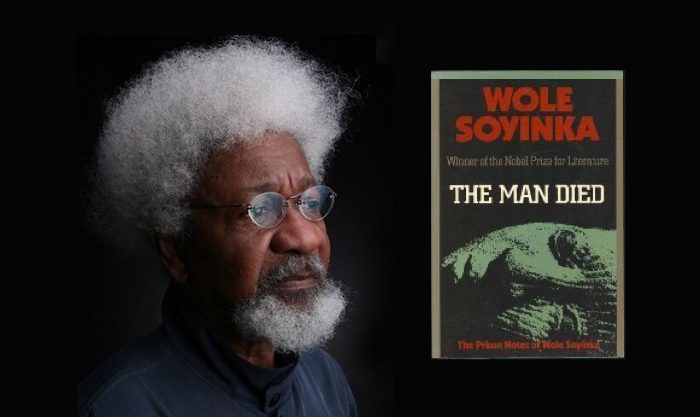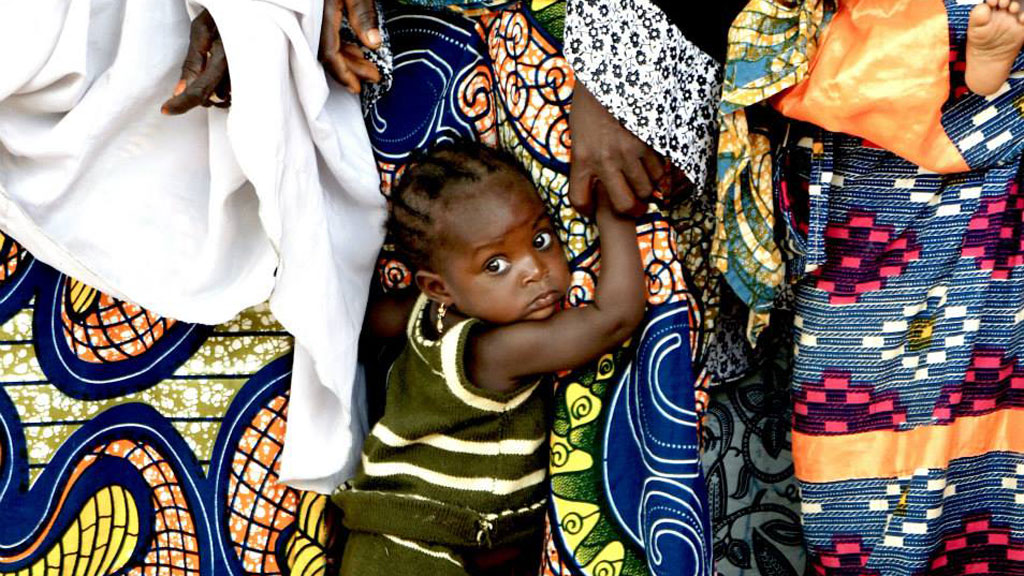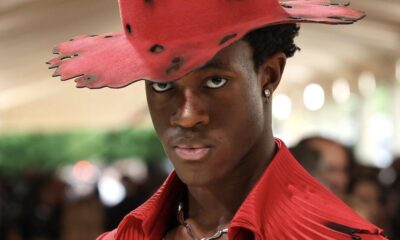Ijaw Proverbs are the timeless treasures of culture. They encapsulate the wisdom, beliefs, and values of a community. Among the Ijaw people of the Niger Delta region, proverbs hold a special place in everyday communication. They are vessels of ancestral knowledge and social guidance.
In this article, we delve into the world of Ijaw proverbs, exploring their significance, themes, and cultural context.
Introduction to the Ijaw people
The Ijaw people, also known as the Izon, are one of the largest ethnic groups in Nigeria, primarily inhabiting the coastal regions of the Niger Delta.
With a rich history steeped in fishing, farming, and trade, the Ijaw have preserved their cultural heritage through language, rituals, and oral traditions. Central to these traditions are proverbs, which play a vital role in communication, education, and social cohesion.
The significance of Ijaw proverbs in Ijaw culture
In Ijaw society, proverbs serve multifaceted purposes, ranging from communication to entertainment, moral instruction, and conflict resolution. They are passed down from generation to generation, ensuring the preservation of cultural identity and knowledge.
Ijaw proverbs are often used in everyday conversations, ceremonies, storytelling, and traditional songs, enriching the fabric of community life.
Themes in Ijaw proverbs
Ijaw proverbs cover a wide range of themes that reflect the values, experiences, and worldviews of the people. Some common themes include:
Wisdom and knowledge
Many Ijaw proverbs impart timeless wisdom and insights into human behaviour, relationships, and societal norms. For example, “A bird does not fly so high that the hunter cannot shoot it” underscores the importance of humility and caution in the face of danger.
Community and unity
Proverbs emphasising the strength of unity and cooperation are prevalent in Ijaw culture. “When brothers fight to the death, a stranger inherits their father’s property” highlights the destructive consequences of internal conflict and the need for harmony within families and communities.
Nature and environment
As a people deeply connected to their natural surroundings, Ijaw proverbs often draw inspiration from the environment. “A tree does not make a forest” emphasises the collective effort needed to achieve significant goals. This mirrors the interconnectedness of ecosystems and human society.
Resilience and adaptability
Given their history of overcoming adversity and environmental challenges, Ijaw proverbs celebrate resilience and adaptability. “When a tree falls, the birds scatter” acknowledges the inevitability of change and the need to adapt to new circumstances.
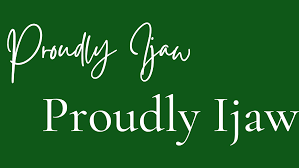
5 Ijaw proverbs and their meanings
1. “Mèn wàrà fín, fín ébè pèrè.”
“When the water recedes, the fish trap is exposed.”
This proverb illustrates the idea that hidden truths or secrets are revealed when difficult times pass. Just as the receding water exposes the fish trap, challenges or obstacles can reveal hidden aspects of a situation or individual.
2. “Á dí èèrè, mèn fí di àrè.”
“One who sows in haste will reap in hunger.”
This proverb emphasises the importance of patience, diligence, and careful planning in achieving long-term success. Rushing through tasks or decisions without proper consideration can lead to negative consequences and unfulfilled desires.
3. “Ì kè gbòpèrè àghòpè ì ní dí bòròbòrò.”
“The river that forgets its source will dry up.”
This proverb highlights the significance of remembering and honouring one’s origins, heritage, and ancestral wisdom. Just as a river depends on its source for sustenance, individuals who disregard their roots risk losing their identity and connection to their community.
4. “Ì wàrà è rípè, è sí è lè rípè è ní gbónù gbónù.”
“The palm wine tapper climbs high, but when he falls, he falls heavily.”
This proverb warns against arrogance, overconfidence, and the dangers of pride. It suggests that those who attain success or ascend to high positions should remain humble and mindful of the potential consequences of their actions, as a fall from a great height can be especially painful.
5. “À tòrò tènè, mèn kè bò, mèn gbá tènè.”
“The rope of a canoe never breaks when it is in the hands of those who know how to paddle.”
This proverb underscores the importance of competence, skill, and experience in achieving success and overcoming challenges. It implies that individuals who possess the necessary knowledge and expertise are better equipped to navigate life’s obstacles and steer towards their goals effectively.
Preservation and revitalization efforts
While Ijaw proverbs continue to thrive in oral tradition, modernization and globalisation pose challenges to their preservation. Efforts are underway to document and archive these proverbs, ensuring their accessibility to future generations.
Additionally, cultural festivals, educational programmes, and community initiatives play a crucial role in revitalising the use of proverbs and promoting cultural pride among the youth.
In conclusion…
Ijaw proverbs are not merely linguistic expressions but repositories of culture, wisdom, and identity. They reflect the resilience, values, and collective wisdom of a people deeply rooted in tradition yet adaptable to change.
By cherishing and preserving their proverbs, the Ijaw community sustains a vital link to its past while navigating the complexities of the modern world. As guardians of this rich oral tradition, the Ijaw people continue to inspire generations with the timeless wisdom encapsulated in their proverbs.
Check out more here.


 FASHION6 days ago
FASHION6 days ago
 MOVIES5 days ago
MOVIES5 days ago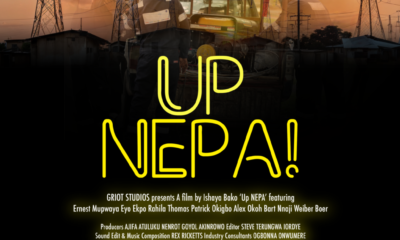
 MOVIES2 days ago
MOVIES2 days ago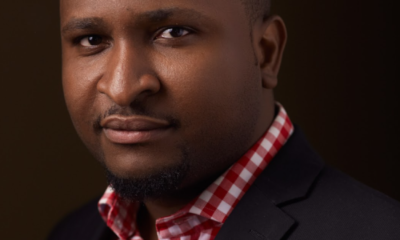
 MOVIES6 days ago
MOVIES6 days ago
 FOOD3 days ago
FOOD3 days ago
 OPINION6 days ago
OPINION6 days ago
 MUSIC6 days ago
MUSIC6 days ago
 FAB FRESH5 days ago
FAB FRESH5 days ago









